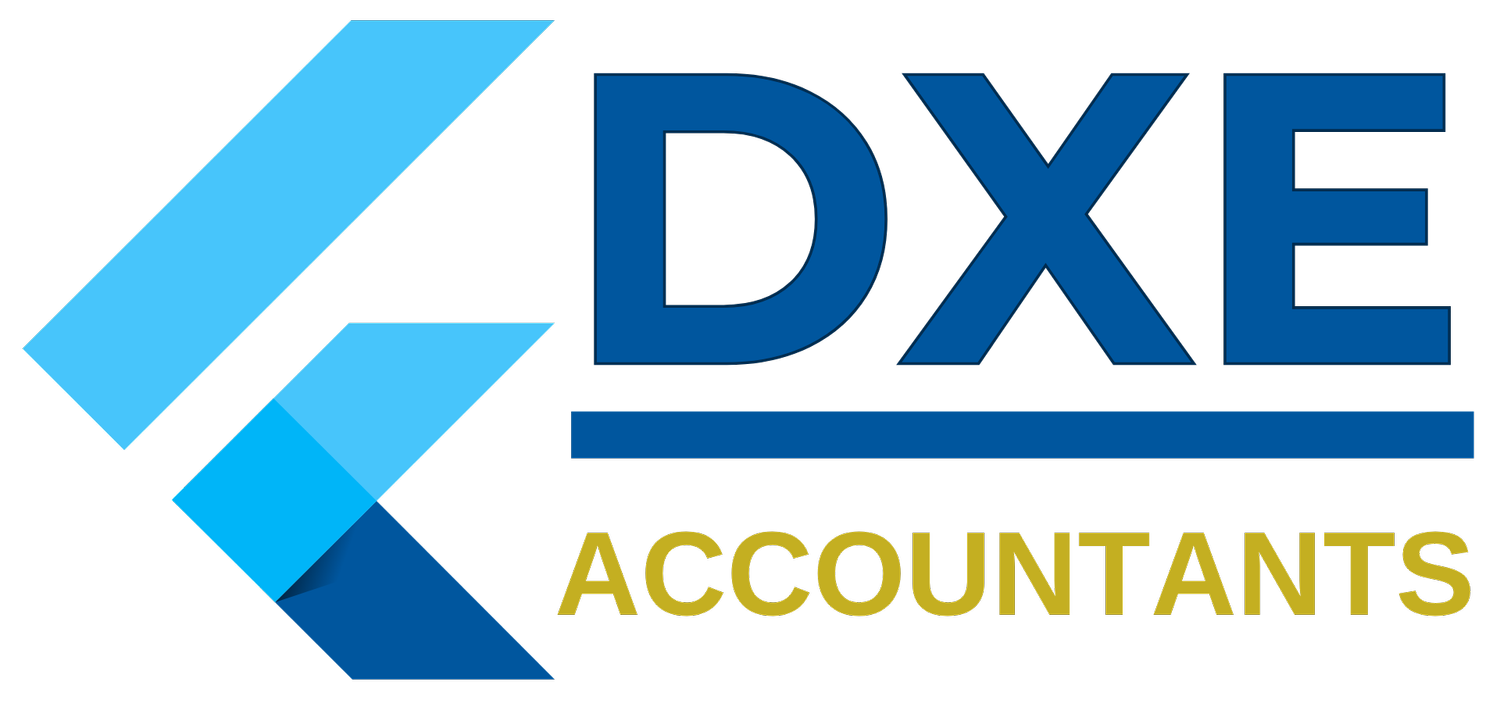7 Essential Bookkeeping Tips for Sole Traders
Smooth bookkeeping can save you time, reduce stress, and boost profits—especially when you're flying solo.
1. Separate personal and business finances
Open a dedicated business account as soon as you start out to avoid confusion and make HMRC compliance easier.
2. Use MTD‑compliant accounting software
From April 2026, HMRC requires digital records under Making Tax Digital for Income Tax Self‑Assessment (for sole traders earning over £50k). Tools like Xero, FreeAgent, and QuickBooks automate banking feeds, receipts, and filing.
3. Record transactions consistently
Log every invoice and expense—yes, even the stationery and coffees. Those small costs add up when it comes to tax deductions.
4. Keep digital receipts
Snap photos of receipts and attach them in your accounting system. No more shoeboxes or lost paper trails.
5. Reconcile regularly
Match your books to bank statements weekly—this catches errors quickly and prevents surprises.
6. Save for taxes
Put aside about 25–30% of earnings for income tax, NI contributions, and VAT where applicable .
7. Retain records for 5+ years
Keep records for at least five years after the relevant tax year’s January 31 deadline.
✅ Why it matters
Maintaining accurate records means fewer HMRC headaches, better business oversight, and maximum allowable deductions.
Try implementing just one step this week—like setting aside tax savings or snapping receipts daily.
DXE Accountants can help by transitioning your business to digital bookkeeping to streamline your finances and help to provide more useful real time business information.

